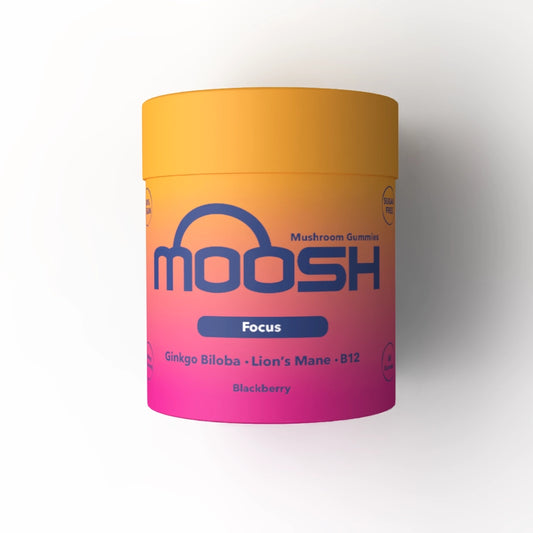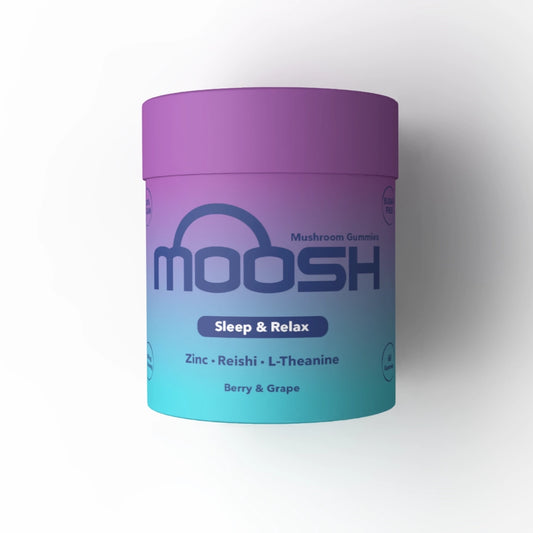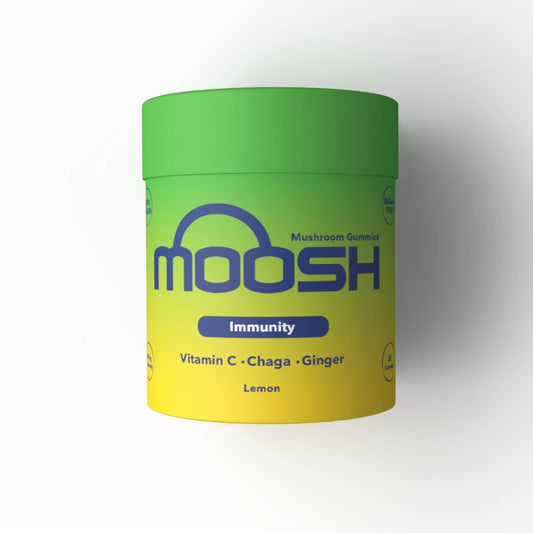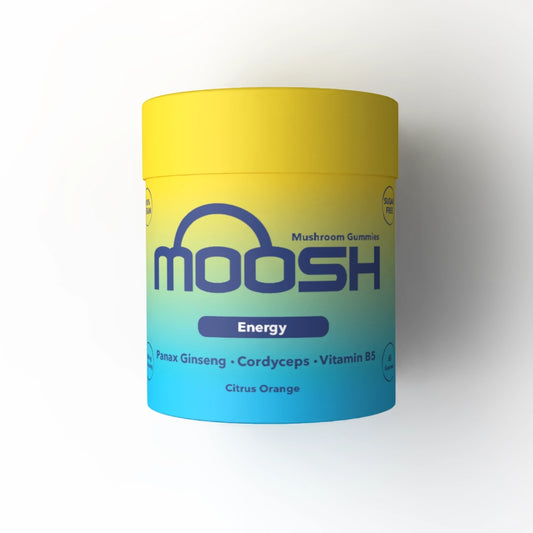In the pursuit of enhancing cognitive abilities and maintaining brain health, humans have explored various natural remedies throughout history. One such remarkable discovery is the Lion's Mane Mushroom (Hericium erinaceus), revered for its unique appearance and potent medicinal properties. Renowned in traditional medicine across Asia, particularly in China, Japan, and Korea, Lion's Mane Mushroom has recently garnered significant attention in the Western world for its purported benefits in improving brain function. In this comprehensive exploration, we delve into the rich history, scientific research, and compelling evidence supporting the cognitive-enhancing properties of Lion's Mane Mushroom.
Origins and Historical Significance
Lion's Mane Mushroom, also known as the "pom pom mushroom" or "yamabushitake," is indigenous to Asia, where it has been an integral part of traditional medicine for centuries. In ancient Chinese medicine, it earned the esteemed title of "the mushroom of immortality" due to its believed ability to promote longevity and vitality. Historical records indicate its usage as early as the Tang dynasty (618–907 AD), where it was revered by Taoist monks for its purported ability to enhance mental clarity, focus, and spiritual awareness.
Throughout history, Lion's Mane Mushroom has been associated with various health benefits beyond cognitive enhancement. Traditional practitioners utilised it to alleviate digestive issues, strengthen the immune system, and promote overall well-being. However, it is the mushroom's profound impact on cognitive function that has sparked considerable interest in modern scientific research.
Phytochemistry of Lion's Mane Mushroom
The therapeutic potential of Lion's Mane Mushroom stems from its rich composition of bioactive compounds, including polysaccharides, hericenones, erinacines, and beta-glucans. These compounds work synergistically to exert neuroprotective, anti-inflammatory, and antioxidant effects within the brain.
Polysaccharides: Polysaccharides are complex carbohydrates found abundantly in Lion's Mane Mushroom. These compounds exhibit immunomodulatory properties, helping to regulate the immune system's response and reduce inflammation, thereby preserving brain health and function.
Hericenones and Erinacines: Hericenones and erinacines are unique compounds exclusive to Lion's Mane Mushroom. These bioactive molecules have garnered significant attention for their ability to stimulate nerve growth factor (NGF) production in the brain. NGF plays a crucial role in the growth, maintenance, and repair of neurons, promoting neurogenesis and synaptic plasticity—the fundamental processes underlying learning, memory, and cognitive function.
Beta-Glucans: Beta-glucans are a type of soluble fibre found in Lion's Mane Mushroom. These compounds possess immunomodulatory and antioxidant properties, helping to combat oxidative stress and inflammation in the brain, thereby safeguarding against age-related cognitive decline and neurodegenerative diseases.
Scientific Evidence Supporting Cognitive Benefits
The cognitive-enhancing properties of Lion's Mane Mushroom have been extensively studied in both animal models and human clinical trials, yielding promising results. Below, we highlight key findings from scientific research that elucidate the mushroom's remarkable effects on brain function:
1. Promotion of Neurogenesis:
Several studies have demonstrated Lion's Mane Mushroom's ability to stimulate neurogenesis—the process of generating new neurons—in the brain. Research conducted on rodents has shown that supplementation with Lion's Mane extract significantly increases the proliferation of neural stem cells and the growth of new neurons in regions associated with learning and memory, such as the hippocampus.
2. Enhancement of Cognitive Function:
Human clinical trials have provided compelling evidence supporting the cognitive benefits of Lion's Mane Mushroom supplementation. In a randomised, double-blind, placebo-controlled study published in the Journal of Alzheimer's Disease, elderly individuals with mild cognitive impairment who consumed Lion's Mane Mushroom extract for 16 weeks exhibited significant improvements in cognitive function compared to those in the placebo group. Participants demonstrated enhanced scores on cognitive assessment tests measuring memory, attention, and executive function.
3. Protection Against Neurodegenerative Diseases:
The neuroprotective properties of Lion's Mane Mushroom hold promise in mitigating the risk of neurodegenerative disorders such as Alzheimer's and Parkinson's disease. Research suggests that the mushroom's ability to stimulate NGF production and reduce neuroinflammation may help prevent neuronal damage and improve cognitive outcomes in individuals at risk of or afflicted by these debilitating conditions.
4. Alleviation of Anxiety and Depression:
In addition to its cognitive benefits, Lion's Mane Mushroom has shown potential in alleviating symptoms of anxiety and depression. Animal studies have demonstrated that supplementation with Lion's Mane extract exerts anxiolytic and antidepressant effects, possibly through modulation of neurotransmitter pathways and reduction of neuroinflammation.
Incorporating Lion's Mane Mushroom into Your Wellness Regimen

Integrating Lion's Mane Mushroom into your daily routine can be a simple and effective way to support brain health and cognitive function. Various forms of supplementation are available, including capsules, powders, tinctures, and extracts. When selecting a Lion's Mane supplement, opt for products that undergo rigorous quality testing to ensure purity, potency, and bioavailability.
In addition to supplementation, culinary enthusiasts can explore incorporating fresh or dried Lion's Mane Mushroom into their meals. With its delicate, seafood-like flavour and versatile texture, Lion's Mane Mushroom can be enjoyed sautéed, grilled, stir-fried, or added to soups, stews, and stir-fries, offering a delicious way to reap its myriad health benefits.
Enhancing brain health and cognitive function is easier than ever with Moosh Focus Gummies, packed with Lion's Mane Mushroom, B12, and Ginkgo Biloba. Whether you prefer convenient gummies or traditional supplements, Moosh offers a range of options to suit your lifestyle.
Conclusion
Lion's Mane Mushroom stands as a testament to the profound healing potential of nature's bounty. From its esteemed status in traditional medicine to its burgeoning reputation in modern science, this remarkable fungus continues to captivate researchers and health enthusiasts alike. With its unique composition of bioactive compounds and compelling evidence supporting its cognitive-enhancing properties, Lion's Mane Mushroom emerges as a potent ally in the quest for optimal brain health and vitality. Whether consumed as a supplement or incorporated into culinary creations, embracing the wonders of Lion's Mane Mushroom offers a promising path toward unlocking the full potential of the human mind.
As research in the field of mycology and neurobiology advances, further insights into the mechanisms underlying Lion's Mane Mushroom's therapeutic effects are likely to emerge, paving the way for innovative approaches to cognitive enhancement and neuroprotection. As we journey forward, let us continue to explore and harness the extraordinary gifts of nature in our pursuit of holistic well-being and cognitive flourishing.






